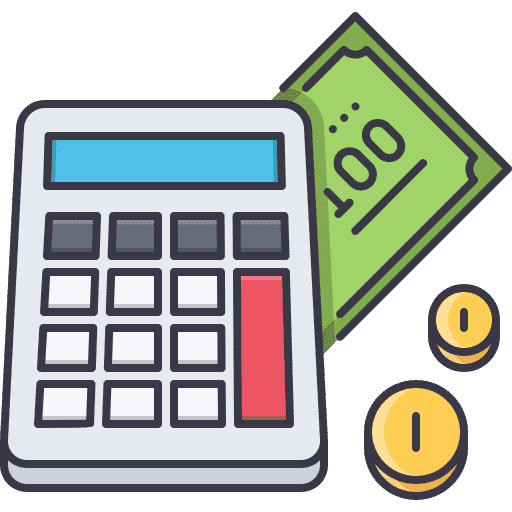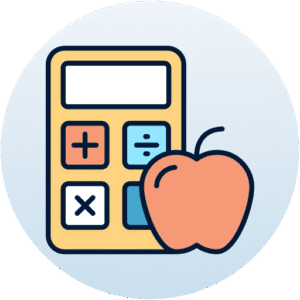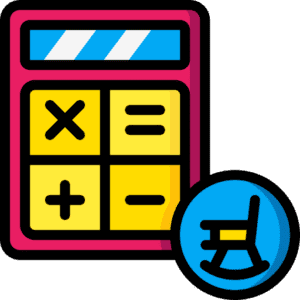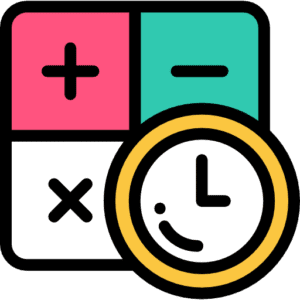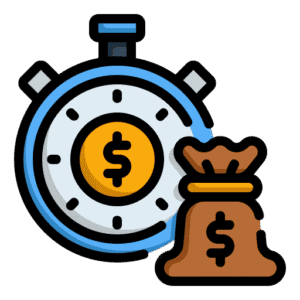All-in-One Calculator Platform
Professional calculators for finance, health, math, and more. Fast, accurate, and completely free.
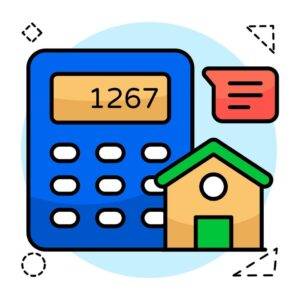
Mortgage Calculator
Calculate your monthly mortgage payments, total interest, and amortization schedule.
Loan Calculator
Calculate loan payments, interest rates, and repayment schedules for any type of loan.

Explore a wide range of professional calculators and convert your Evernote notes to PDF effortlessly with our integrated tools.
About Calculators
Calculators are essential tools designed to perform mathematical operations quickly and accurately. From basic arithmetic like addition, subtraction, multiplication, and division to advanced functions such as trigonometry, logarithms, and statistical analysis, calculators simplify problem-solving in everyday life, education, and professional fields. They save time, reduce errors, and enhance productivity, making them indispensable for students, teachers, engineers, accountants, and researchers alike.



